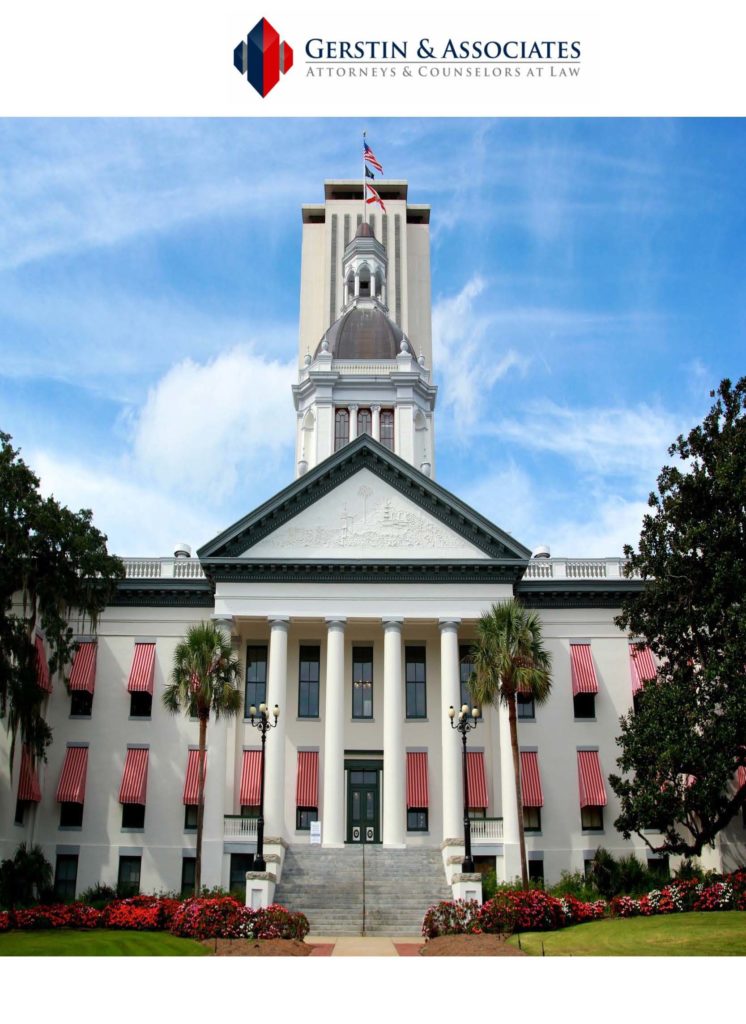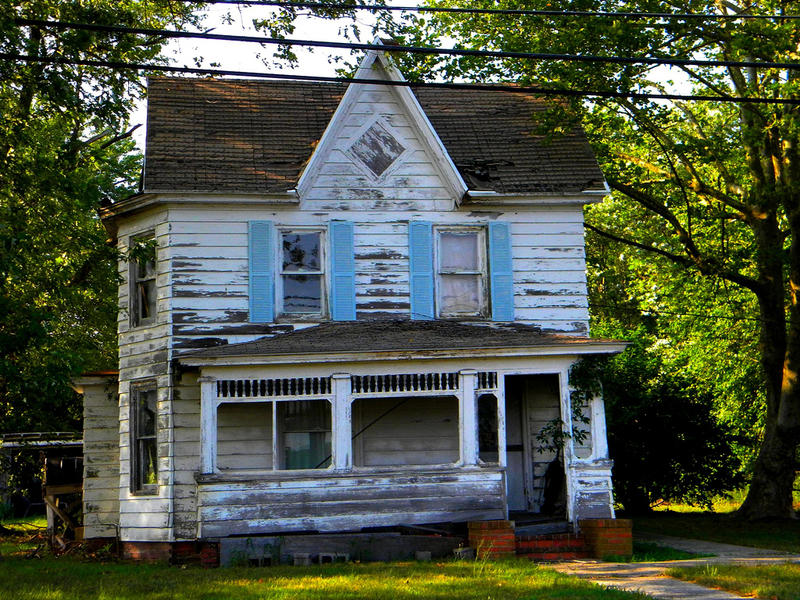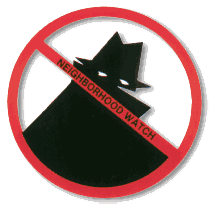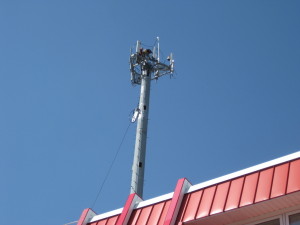
2017 was a big legislative year for community associations, especially condominium associations. Following is an overview of the 2017 legislation directly impacting Florida’s condominium and homeowner associations.
Click here for the .pdf version.
Condominium & Homeowner Associations
Financial Reporting Requirements
HB 6027, full text of the law can be found here. Law goes into effect July 1, 2017.
The exemption for condominium associations with less than 50 units and homeowners associations containing less than 50 parcels from providing yearend financial statements prepared by an independent accountant has been eliminated.
Condominium associations with fewer than 50 units and homeowner associations of less than 50 parcels can no longer opt to prepare a report of cash receipts and expenditures in lieu of financial statements. These associations must comply with financial reporting requirements based upon the association’s revenues.
The prohibition on condominium associations waiving financial reporting requirements for more than three (3) years was eliminated.
Estoppel Certificates
SB398, full text of the law can be found here. Law goes into effect July 1, 2017.
Associations have 10 business days to issue an estoppel certificate after receiving a written or electronic request from an owner, mortgagee or their designee. A fee cannot be charged if the estoppel certificate is not delivered within ten business days.
Estoppel certificates must be returned to the requestor (mailed, email or fax) on the day they are issued.
If an estoppel certificate is hand delivered or sent by electronic mail it has to be valid for 30 days; estoppel certificates sent by regular mail have to be valid for 35 days.
-Only board members, authorized agents or representatives (attorneys, accountants, etc.) of the association or the association’s management company can issue an estoppel letter.
The association’s website must list the designated person or entity, with a street or e-mail address, for the receipt of estoppel requests.
Association’s are permitted to amend their estoppel certificates but they cannot charge for the amended estoppel certificate.
Associations cannot collect any money owed in excess of the amount specified in the estoppel certificate.
The Association’s ability to demand the payment of the estoppel certificate fee prior to the anticipated closing of a real estate transaction remains in effect.
Associations can charge up to $400 for the preparation and delivery of an estoppel certificate if, on the date of issuance, delinquent amounts are owed to the association. Otherwise, the Association cannot charge more than $150.00. Upon request for an expedited estoppel certificate, an additional $100.00 can be charged if the expedited estoppel certificate is produced within three business days.
The statute lists a sliding scale of estoppel certificates charges for owners with multiple units.
The following information is required to be in an estoppel certificate:
- date of issuance;
- name(s) of unit/parcel owner(s);
- unit/parcel designation and address;
- parking or garage space number;
- attorney’s name and contact information if the account is delinquent and has been turned over to an attorney for collection;
- the fee for preparation and delivery of the estoppel certificate;
- name of the requestor; and
- assessment information and other information, including:
-
-
- regular periodic assessment amount and frequency;
- date for which the regular periodic assessment is paid through;
- next installment due date and amount;
- itemized list of all assessments, special assessments, and other money currently owed or to become due after issuance of the estoppel certificate;
- other fees, such as capital contribution fees, resale fees, transfer fees, etc.;
- whether there are any open violations of rules or regulations;
- whether association approval of transfer of the unit/parcel is required and, if so, whether the board has approved the transfer;
- whether there is a right of first refusal and, if so, has the right been exercised;
- list and contact information for any other associations of which the unit/parcel is a member;
- contact information for all insurance maintained by the association; and signature of an officer or authorized agent of the association.
Condominiums Only
HB 1237, full text of the law can be found here. Law goes into effect July 1, 2017.
Directors.
Unless approved by an affirmative vote of two-thirds of the total voting interests of the association or there are not enough eligible candidates to fill the vacancies on the board, a board member may not serve more than four consecutive 2-year terms.
Recalls.
Boards are no longer required to certify a recall or initiate arbitration proceedings for not doing so. Boards are required to a meeting within 5 business days after receipt of a written recall agreement.
Recalled board members must turn over to the association all records and property of the association within 10 business days after the recall vote.
Voting Rights.
Only monetary obligations more than 90 days delinquent totaling more than $1,000 can an association suspend a member’s voting rights. The delinquent member must be provided 30 days notice accompanied by proof of the delinquency before such suspension takes effect.
Receiver cannot vote on behalf of a unit owner if the owner’s unit was placed in receivership to protect/benefit the association.
Conflicts of Interest.
An association cannot hire an attorney who also represents the association’s management company.
Board members, the property manager and the property management company are prohibited from purchasing a unit at an association foreclosure sale or accepting a deed in lieu of foreclosure.
Associations are prohibited from hiring service providers owned (at least 1% of equity shares) or operated by a board member, any person who has a financial relationship with a board member, or a close relative of a board member.
Officers and directors must disclose to the board any activity that may be construed as a conflict of interest. A rebuttable presumption of a conflict of interest exists if a director, officer, or relative of a director or officer enters into a contract for goods or services with the association or holds an interest in a business entity that conducts business with the association or proposes to enter into a contract with the association.
Any proposed activity that may be a conflict of interest must be subject to a board vote. The meeting notice agenda for such vote must list the proposed activity and all transactional documents (contracts) related to the proposed activity must be attached to the meeting agenda.
If the board votes against the proposed activity, the director or officer must notify the board in writing of his or her intention not to pursue the proposed activity or to resign from the board. If the board finds that an officer or a director has violated this provision, the officer or director is automatically deemed as being removed from office.
Official Records.
Bids for materials, equipment or services are considered part of an association’s official records.
In addition to unit owners, designated representatives of unit owners may inspect and copy condominium documents and records. Tenants may inspect and copy only the association’s rules and by-laws.
Associations with 150 or more units must post copies of certain specifically designated official records on its website, be inaccessible to the general public. Does not go into effect until July 1, 2018.
Websites.
Condominium association with 150 or more units must maintain a secure website containing the following items:
- Owner password and login.
- The secure portion of the website must contain all condominium documents, rules and regulations, management and other agreements to which the association is a party, annual budget and proposed annual budget, financial reports and board certifications.
- The ability to post on the front page of the website, or a separate subpage labeled “Notices”, which is linked to and visible from the front page. Documents to be considered or voted upon by the board or the owners must also be posted.
Financial Reports.
Condominium associations with less than 50 units are no longer exempt from the financial reporting requirements applicable only to larger condominiums.
Unit owners are entitled to the most recent financial report within 5 business days after the receipt of a written request.
Annually, associations are required to report to the DBPR all of the financial institutions at which it maintains accounts. A copy of the submission is obtainable upon receipt of a written request by a member.
Criminal Penalties added to F.S. §718
Association officers, directors or manager may not solicit or accept kickbacks from vendors.
Voting certificate or ballot envelope forgery is now considered a crime.
Destroying official records or hindering their access in furtherance of a crime is punishable as a crime in F.S. § 918.13 or as obstruction of justice pursuant to Florida Statutes, Chapter 843.
An office or director charged with one of the above crimes must be removed from office and cannot be appointed, elected or have access to the association’s official records without a court order. If the charges are resolved without a finding of guilt, the officer or director must be reinstated for the remainder of his or her term of office, if any.
Debit Cards.
Associations and their officers, directors and employees are prohibited from using a debit card issued in the name of the association, or which is billed directly to the association, for the payment of any association expense. Using a debit card in violation of this law, for a non-association expense, can be prosecuted as credit card fraud (confusing, poorly drafted statute)
Ombudsman.
If necessary to assist with an investigation of election misconduct, the Ombudsman can open and review ballots that are otherwise supposed to be cast in secret.
Condominium Terminations
SB 1520, full text of the law can be found here. Law goes into effect July 1, 2017.
Provides for termination of a condominium when the community is no longer economically viable;
Requires affirmative vote of 80% or more of the owners and negative vote of no more than 5% of the voters;
Requires approval of the termination by the Division;
Requires a waiting period of 24 months to propose a subsequent plan of termination after rejection of a previous plan;
Requires the identity of the person or entity that owns or controls 25% or more of the units;
Requires the identity of the natural persons who own 10% or more of the entity which owns or controls 25% or more of the units;
Carries an effective date of July 1, 2007 – 10 years before the legislation was passed and signed into law.
Noteworthy Veto
Condominium Fire Sprinklers
Under current law, local governments are barred from requiring sprinkler retrofitting of condominium buildings (three stories or more) before the end of 2019. Owners can also vote to opt-out of retrofitting sprinklers, but are not able to opt out of the installation of alternative fire safety systems known as “engineered life safety systems”. The legislation vetoed by Governor Scott would have postponed the retrofitting requirement until 2022 and would have allowed owners to opt-out of both retrofitting sprinklers and the installation of “engineered life safety systems”.
Stay Informed, Subscribe to the Gerstin & Associates Newsletter
- Name: _________________________________________________
- Mailing address: ________________________________________
- E-mail address: _________________________________________
- Community name: ________________________________________
- Position on board, if any: __________________________________
Fax this completed page to (561) 750-8185 or email the above information to: joshua@gerstin.com.
 2019 Florida Condominium & Homeowner Association Legislative Update
2019 Florida Condominium & Homeowner Association Legislative Update






